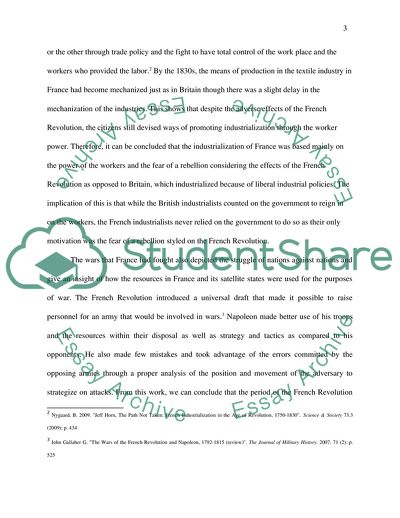Cite this document
(The French Revolution Essay Example | Topics and Well Written Essays - 2000 words, n.d.)
The French Revolution Essay Example | Topics and Well Written Essays - 2000 words. https://studentshare.org/history/1815187-napoleon
The French Revolution Essay Example | Topics and Well Written Essays - 2000 words. https://studentshare.org/history/1815187-napoleon
(The French Revolution Essay Example | Topics and Well Written Essays - 2000 Words)
The French Revolution Essay Example | Topics and Well Written Essays - 2000 Words. https://studentshare.org/history/1815187-napoleon.
The French Revolution Essay Example | Topics and Well Written Essays - 2000 Words. https://studentshare.org/history/1815187-napoleon.
“The French Revolution Essay Example | Topics and Well Written Essays - 2000 Words”. https://studentshare.org/history/1815187-napoleon.


